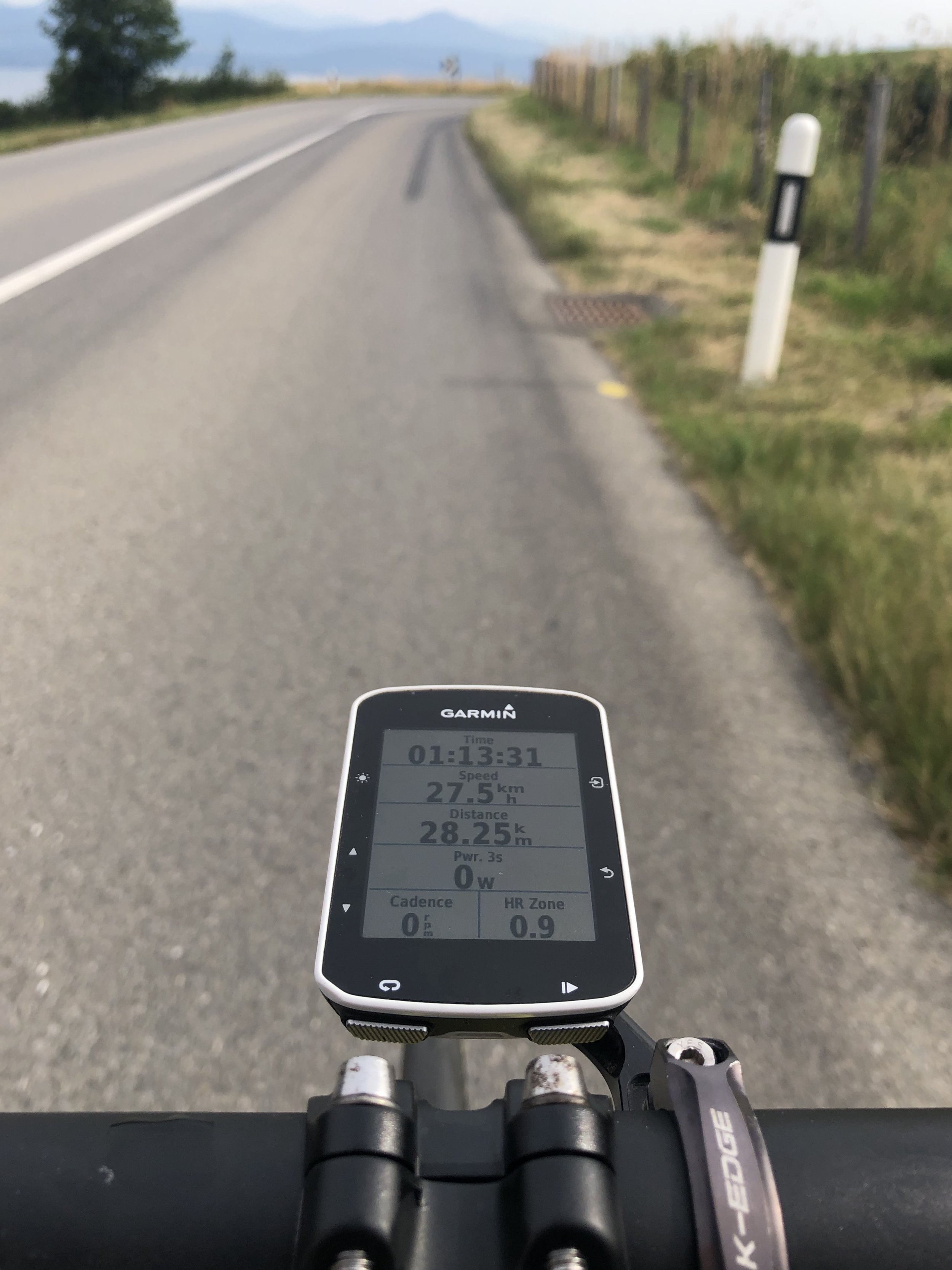Consistent Fun
I’m now 52.
Back in July I was 89.
At my lowest this year I was 26.
If I don’t do anything else by mid-November, I’ll be 37.
Any guesses what I’m talking about?
No, not my waist size. Nor the number of followers on my Instagram.
Those numbers were all taken from my Strava Fitness – that little metric that purports to tell us how we’re doing in terms of our training.
My Fitness Year
Now, like all simple training metrics this should be taken with a large pinch of salt, as it only considers training load and relative effort. And tends to favour long rides versus concentrated short training sessions.
What I tend to use it for is to look at whether I’m being consistent in my training. As over the years I’ve come to realise that consistency in training is extremely important.
But I really try not to get too hung up on these numbers. As they don’t measure an awful lot of other important things.
I recently read a thought provoking article on the Escape Collective website (you need to join to read – but it is really worth joining for some great journalism) which talks about building a healthy relationship with your cycling data.
I think we can all get very hung up on numbers – and the article explains how some riders get upset if they don’t hit certain numbers on training rides or workouts – and how this isn’t a great measure of whether a session has been useful or not.
Should we be focusing more on the road ahead?
It is almost as though the data becomes an end in itself – not a way to help us get us better and achieve those things we want – like being able to complete a massive ride, or compete better at the town sign sprint, or just simply to enjoy climbing more.
There are a couple of points in the article about how riders can overtrain by thinking that if their targets for the ride are 200W then doing 210W is better, right? But this can lead to tiredness, inadequate recovery and a downward spiral.
Or that all this data can be a limiting factor, thinking that our maximum is a certain number and not going above that, but if we rode just on feel perhaps we can achieve even better results.
From my perspective I think it can be healthy to step back from all of this sometimes – and since I read the article I’ve been switching my Garmin screen to just have the map on show on my outdoor rides, and not focus on my cadence, or heart rate, or power.
It has helped me to be in the moment on the ride itself, and in touch with how I’m feeling, and not worry if I’m going too hard (unlikely) or too easy (much more likely) – or even whether these things matter.
I mentioned the importance of training consistency earlier – and how the Strava fitness score only takes into account a couple of factors.
A road I will be back to ride - Bealach Na Ba in Scotland. Taken while my fitness was decreasing
My Strava fitness score dropped by 31% in July – but this was due to me having a wonderful 2-week holiday with my family – so for sure my happiness and relationships and fish and chip scores certainly rose by way more than 31%.
I believe we should all ensure we’re equally consistent in a whole host of other areas of our lives.
Our sleep.
Our diet.
Our relationships.
Our fun.
I go back to something I wrote a few months ago about the reasons I ride my bike.
It helps me to sleep better.
It allows me to eat more of what I like.
It helps my mental state.
Which helps my relationships.
And ultimately it is fun.
So I’m aiming for consistent fun – sounds like a good plan.
What I’ve been listening to while writing
Little Simz - Sometimes I Might Be Introvert
This is Little Simz at her very best. Her 4th album and she really hit her stride here. Brilliant production (with Inflo), fabulous lyrics and perfect delivery. It deservedly won the Mercury Music prize in 2022. I Love You, I Hate You is a personal favourite.



